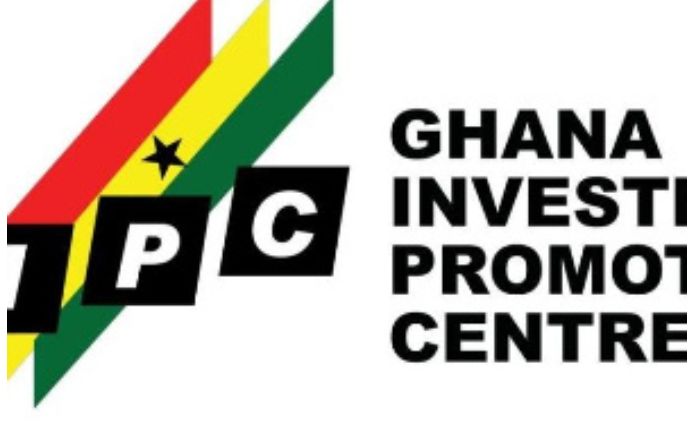EXPLAINER: Government’s refusal to renew Gold Fields’ Damang Mine lease – what the law says

Industry stakeholders have expressed concerns, citing potential negative impacts on investor confidence and possible job losses for mine workers.
However, the government has clarified that the company failed to meet the legal requirements necessary for a lease renewal.
In this article, GhanaWeb Business explores the legal framework governing mining lease renewals in Ghana.
According to Section 44 of the Minerals and Mining Act, 2006 (Act 703), a holder of a mining lease may, at any time, but not later than three months before the lease’s expiration (or within a shorter period permitted by the Minister), apply in the prescribed form for an extension of the lease for up to 30 years. The application may cover all or any of the contiguous blocks and minerals under the original lease.
Additionally, the application must be accompanied by a proposed program of mineral operations.
The Act further states that if the holder has materially complied with the obligations imposed by the Act, including those relating to the lease’s operation and conditions, the Minister shall grant the extension, with conditions specified in writing.
Moreover, the law provides that:
“Where the holder has made an application for an extension of the term of the lease, and the term of the lease would, but for this subsection, expire, the lease shall continue in force in respect of the land the subject of the application until the application is determined.”
In case of a disagreement between the Minister and the leaseholder, Section 27 outlines the procedure for resolving disputes.
The government maintains that Gold Fields failed to meet some of these legal requirements, which led to the rejection of the renewal application. It has also announced plans for the state to assume control of the mine’s operations.
Source: www.ghanaweb.com





